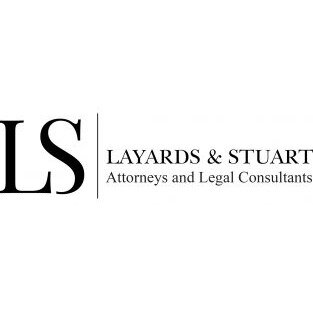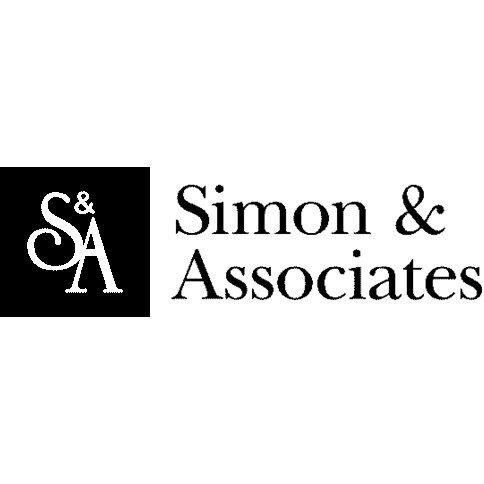Best Class Action Lawyers in Sri Lanka
Share your needs with us, get contacted by law firms.
Free. Takes 2 min.
Or refine your search by selecting a city:
List of the best lawyers in Sri Lanka
About Class Action Law in Sri Lanka:
Class Action law in Sri Lanka allows a group of people with similar legal claims to bring their cases collectively in court. This form of legal action is particularly useful when numerous individuals have suffered harm from a common source, such as a defective product, environmental pollution, or consumer fraud.
Why You May Need a Lawyer:
You may need a lawyer for Class Action in Sri Lanka if you have been affected by a situation that has caused harm to a large group of people. A lawyer can help you navigate the complexities of the legal system, gather evidence, and represent your interests in court.
Local Laws Overview:
In Sri Lanka, Class Action law is governed by the Civil Procedure Code, which allows for representative actions to be brought on behalf of a group of people. The law aims to provide a mechanism for justice for individuals who have suffered harm due to the actions of others.
Frequently Asked Questions:
1. What is a Class Action lawsuit?
A Class Action lawsuit is a legal action brought by a group of people with similar claims against a common defendant.
2. How do I know if I qualify for a Class Action lawsuit?
You may qualify for a Class Action lawsuit if you have suffered harm similar to others in a group affected by the same source.
3. What types of cases are typically handled as Class Actions in Sri Lanka?
Class Actions in Sri Lanka typically involve cases related to consumer protection, environmental issues, and mass torts.
4. How long does it take to resolve a Class Action lawsuit?
The timeline for resolving a Class Action lawsuit can vary depending on the complexity of the case and the legal procedures involved.
5. What are the benefits of participating in a Class Action lawsuit?
Participating in a Class Action lawsuit allows individuals to combine their resources and increase their chances of obtaining a favorable outcome.
6. What are the risks of participating in a Class Action lawsuit?
There may be risks involved in participating in a Class Action lawsuit, such as the potential for a settlement that is less than what an individual could recover in an individual lawsuit.
7. How do I join a Class Action lawsuit in Sri Lanka?
You can join a Class Action lawsuit in Sri Lanka by contacting a legal representative who specializes in Class Action cases.
8. Will I have to pay for legal representation in a Class Action lawsuit?
In most cases, Class Action lawyers in Sri Lanka work on a contingency fee basis, meaning they only get paid if the case is successful.
9. What happens if the Class Action lawsuit is unsuccessful?
If a Class Action lawsuit is unsuccessful, individuals may not receive compensation for their losses.
10. Can I opt out of a Class Action lawsuit in Sri Lanka?
In some cases, individuals may have the option to opt out of a Class Action lawsuit and pursue their own individual claim.
Additional Resources:
For more information on Class Action law in Sri Lanka, you can contact the Bar Association of Sri Lanka or consult with legal aid organizations that specialize in Class Action cases.
Next Steps:
If you believe you have a claim that may qualify for a Class Action lawsuit in Sri Lanka, it is advisable to seek legal advice from a qualified lawyer who can assess your case and guide you on the best course of action.
Lawzana helps you find the best lawyers and law firms in Sri Lanka through a curated and pre-screened list of qualified legal professionals. Our platform offers rankings and detailed profiles of attorneys and law firms, allowing you to compare based on practice areas, including Class Action, experience, and client feedback.
Each profile includes a description of the firm's areas of practice, client reviews, team members and partners, year of establishment, spoken languages, office locations, contact information, social media presence, and any published articles or resources. Most firms on our platform speak English and are experienced in both local and international legal matters.
Get a quote from top-rated law firms in Sri Lanka — quickly, securely, and without unnecessary hassle.
Disclaimer:
The information provided on this page is for general informational purposes only and does not constitute legal advice. While we strive to ensure the accuracy and relevance of the content, legal information may change over time, and interpretations of the law can vary. You should always consult with a qualified legal professional for advice specific to your situation.
We disclaim all liability for actions taken or not taken based on the content of this page. If you believe any information is incorrect or outdated, please contact us, and we will review and update it where appropriate.
Browse class action law firms by city in Sri Lanka
Refine your search by selecting a city.

















